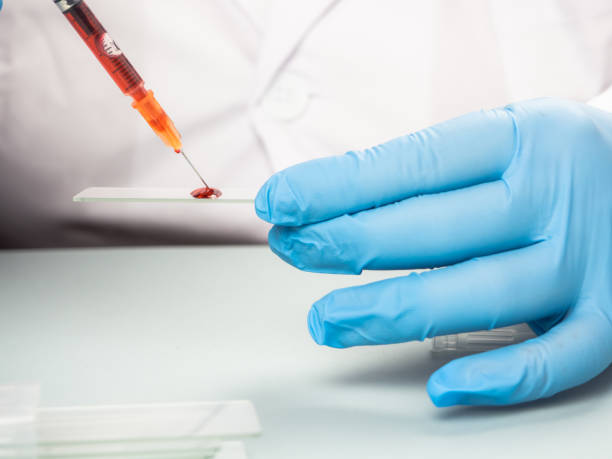
Are you wondering what your blood type is? It is not a common question unless you’ve found yourself needing medical attention a time or few. Even if you did know your blood type once upon a time, maybe you need reminding.
Knowing your blood type is important, particularly in the case of an emergency and if a blood transfusion is needed. Having the blood type of not only yourself, but your children and your spouse is wise and can be a life-saving move if an emergency occurs.
Maybe you decide you want to become a blood donor and being knowledgeable about your blood type will help in the process of knowing what recipients can receive your donation.
Whatever the case, learning about blood types and determining your own blood type is important.
RELATED: COVID-19 May Change the Way We Look at our Blood Types
What are the different blood types?
There are eight major blood types, and these are categorized by groups – Group A, Group B, Group AB, and Group O.
The most common or main blood groups are:
- A-positive
- O-positive
The rarest blood types are:
- AB-negative
- B-negative
- AB-positive
What determines blood types?
Your blood type, which does not change and remains the same throughout your lifetime, is determined by family genetics. In children, the
actual blood type is determined by the dominant type between the parents during conception.
Children receive alleles – separate sources of genetic code – during conception from each parent. One of the alleles located on chromosome 9 contains the exact type of the donor parent and is classified as A, B, AB, or O. The Rhesus factor also plays a part in determining your blood type, which could be positive or negative.
RELATED: Can Your Blood Type Determine Your Fitness Regimen?
How do blood types work?
Blood types A and B are considered codominant, so a child will most likely have an AB blood type if they inherit an A from the mother and a B from the father.
A and B are also both dominant over O, so this results in the child having a type A blood type because the child received an A from the father and an O from the mother.
Only two recessive O genes from both parents result in a child having an O blood type. A universal donor – an O negative blood type – contains nothing that would appear foreign to another’s blood.
In regards to blood infusions, individuals with type A or B positive must not receive the blood of the opposite type. The body’s natural defenses will attack incoming blood cells the same as they would an infection.
RELATED: Are You Eating Right For Your Blood Type?
What is my blood type?
Now that you understand how blood types are determined, how do you determine what your blood type is? If you know the blood types of your parents, there are charts that give you an idea of what your blood type is based on the blood types of your parents.
If you are not confident with that method, you can have a simple ABO test performed using specially-treated testing cards at a doctor’s office, pharmacy, or blood donation center.
The testing involves placing a drop of blood on two separate testing circles marked A and B. The cards are already prepped with dried serum containing anti-A and anti-B chemicals.
If the blood reacts to the A circle but not the B circle, the tester’s blood type is A. If the blood reacts to both circles, the tester’s blood type is AB. No reaction to either circle means the tester’s blood type is O.
Blood type donation chart
A blood type donation chart comes in handy at blood banks. Knowing the type of blood recipients can receive from donors, and vice versa, helps when depending on the donations of citizens, making the process safe and pleasant for recipients and donors.








